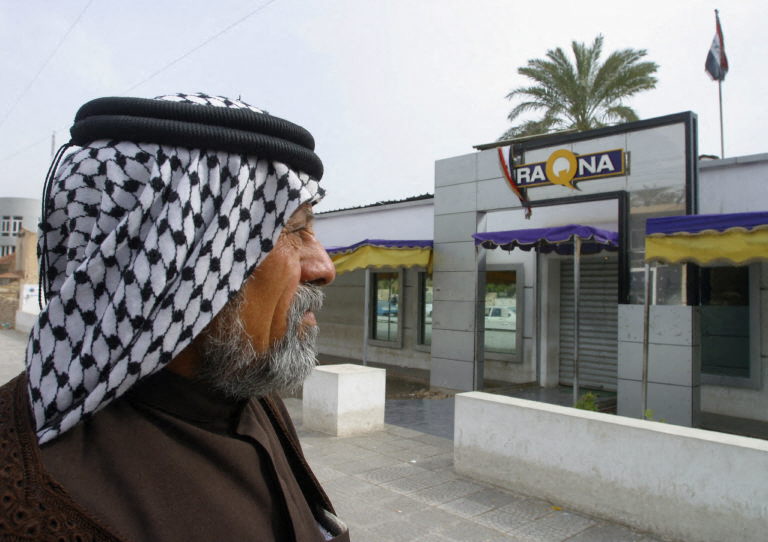Dubai, UAE–Major telecom companies of the Middle East have set their sights on markets in Asia, Europe and Africa to generate growth and diversify revenue streams. These firms have been struggling to grow their market share in the region in the face of market saturation and intense competition.
During the last few years many companies have struck alliances, set up joint ventures, and in many cases gone solo across many countries to widen their footprint beyond the borders of the Middle East.
Ooredoo acquired a controlling stake in Dialog Axiata, a Sri Lankan telecom operator. Etisalat has been bolstering its operations in Saudi Arabia. In the same fashion, the telecom company Zain formed a joint venture with MTN Group to launch a mobile network in Ghana. STC formed a strategic alliance with Telekom Malaysia to foster partnerships in Malaysia.

According to a Moody’s report, GCC telecom operators are eyeing expansion opportunities in Europe, Asia, and Africa. The move is driven by several factors, including the relatively lower valuations of international telecom companies, making it an opportune time to invest in overseas markets.
These “investments could be credit-supportive in the long term,” stated Moody’s in the report. However, “the benefits will depend on the balance between the maturity and growth potential of new geographies,” it added.
Telecommunication companies — according to Imad Atwi, a Partner with Strategy & Middle East, part of the PwC network — are increasingly expanding their reach outside of the region due to five main factors: market saturation, geographical diversification, revenue diversification, competitive advantage, as well as acquiring capabilities.
“The GCC region has a high penetration rate for mobile and internet services,” he told TRENDS; thus, expanding beyond the region offers telcos opportunities in less saturated markets with significant growth potential.
Geographical expansion is also important as it provides diversification of the portfolio beyond the GCC to mitigate risks associated with economic fluctuations and geopolitical tensions…..
To gain more insight into how the big players of the GCC telecom market are attempting to make inroads into newer territories, read the full report. Click here.

